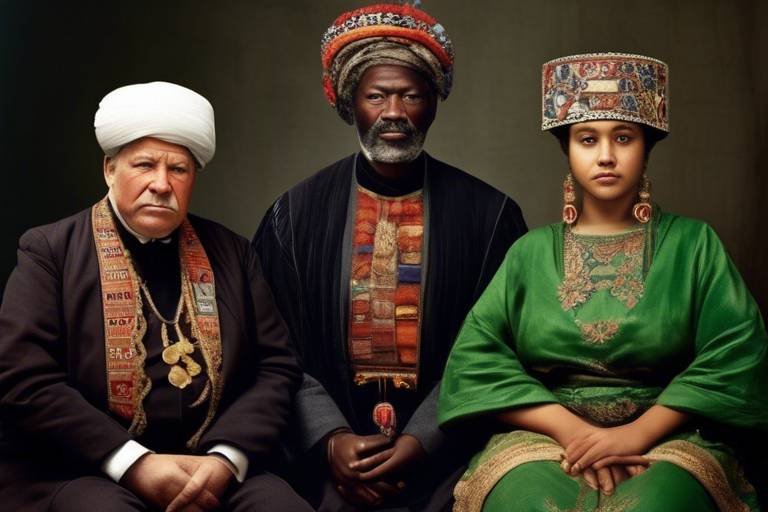The Importance of Ethics in Archaeology
Ethics in archaeology are the cornerstone of maintaining the integrity of historical discoveries and safeguarding cultural heritage. It is not just about following rules; it is a commitment to upholding values that honor the past and respect the communities connected to these ancient treasures.
Imagine uncovering a hidden tomb filled with priceless artifacts, each piece telling a story of a civilization long gone. The ethical responsibility that comes with such a discovery is immense. It's not just about the excavation process; it's about how we handle, interpret, and share these findings with the world.
Archaeologists are not just treasure hunters; they are stewards of history. Their work goes beyond simply digging up relics; it involves meticulous care, thorough documentation, and a deep understanding of the cultural context surrounding each artifact.
When we talk about ethics in archaeology, we are talking about more than just a set of guidelines. We are talking about a commitment to preserving the past for the future, respecting the beliefs and traditions of those who came before us, and ensuring that our actions today do not compromise the legacy we leave behind.
By adhering to ethical standards, archaeologists show respect for the communities whose ancestors are being studied, the descendants who still carry on those traditions, and the global community that benefits from a deeper understanding of our shared history.
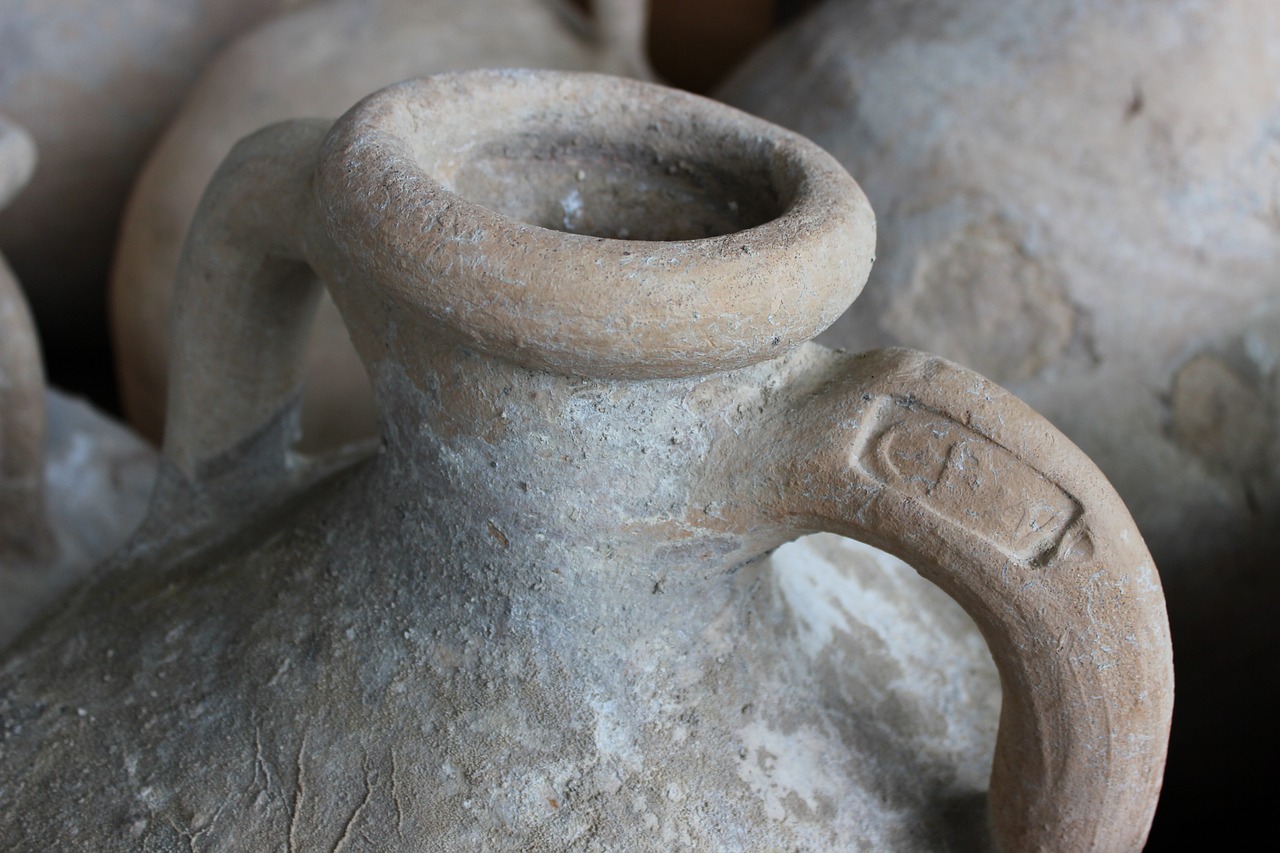
Preservation of Cultural Heritage
Preservation of cultural heritage is a fundamental aspect of ethical archaeology. When archaeologists unearth ancient artifacts and sites, they are not just uncovering objects; they are revealing pieces of history that hold immense value and significance. Imagine stumbling upon a hidden tomb filled with treasures that have been untouched for centuries. The responsibility that comes with such a discovery is immense. It's not just about excavating and displaying these artifacts; it's about ensuring that they are preserved and protected for future generations to appreciate and learn from.
One way archaeologists uphold the preservation of cultural heritage is through meticulous documentation and conservation efforts. By carefully recording the context in which artifacts are found and implementing proper storage and preservation techniques, archaeologists can ensure that these treasures remain intact and accessible for study and enjoyment. Think of it as safeguarding a precious painting, protecting it from damage and deterioration so that its beauty can be admired for years to come.
In addition to physical preservation, ethical considerations also extend to the intangible aspects of cultural heritage. This includes respecting the beliefs, traditions, and practices of the communities to which these artifacts belong. By engaging with local communities and consulting with cultural experts, archaeologists can gain valuable insights that help in interpreting and contextualizing the artifacts in a respectful and accurate manner. It's like piecing together a puzzle, where each fragment represents a unique cultural tradition that contributes to the rich tapestry of human history.
Ultimately, the preservation of cultural heritage is not just a matter of safeguarding objects; it's about honoring the past, celebrating diversity, and fostering a deeper understanding of our shared humanity. By upholding ethical standards in archaeology, we can ensure that the treasures of the past continue to inspire and educate future generations, connecting us to our roots and shaping our collective identity.
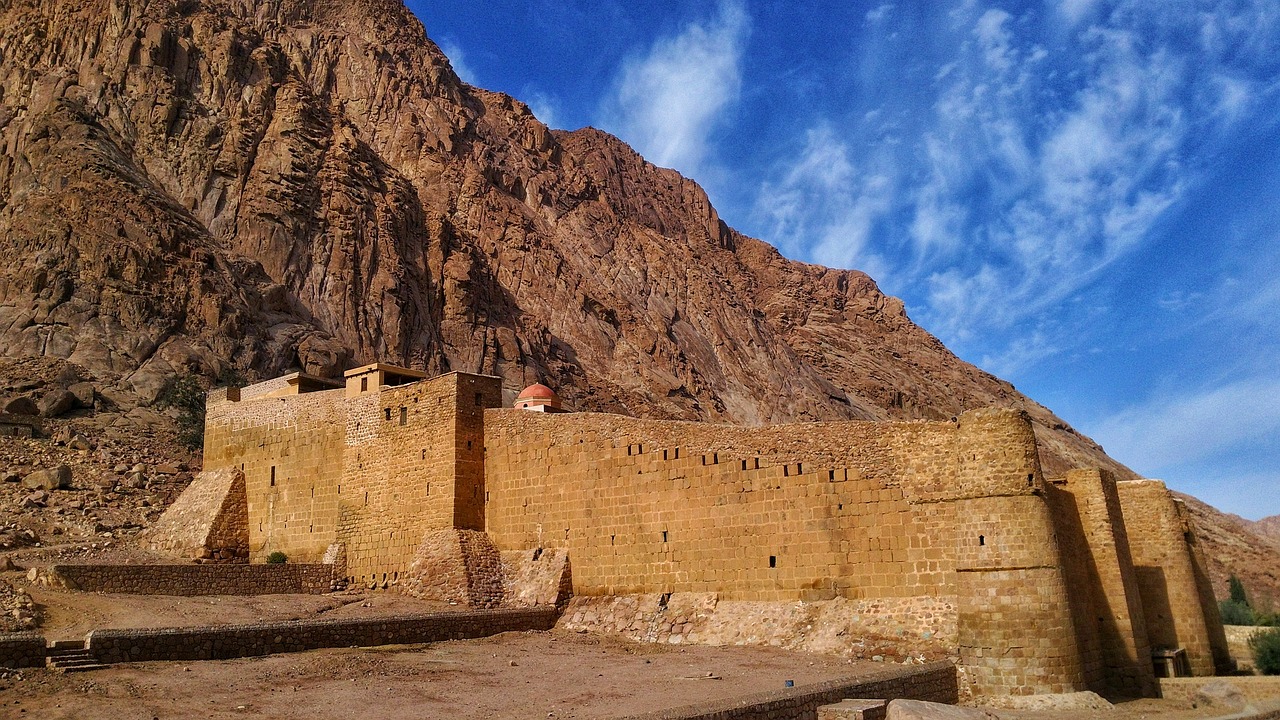
Community Engagement and Consultation
Community engagement and consultation are essential aspects of ethical archaeology, fostering meaningful relationships with local communities and stakeholders. By involving community members in archaeological projects, archaeologists can gain valuable insights, perspectives, and knowledge that contribute to a more comprehensive understanding of the site's significance.
Through open dialogue and collaboration, archaeologists can build trust and mutual respect with the community, ensuring that their cultural heritage is acknowledged and preserved. This engagement also allows community members to actively participate in decision-making processes regarding the excavation, interpretation, and preservation of archaeological sites.
Furthermore, community consultation helps to address any concerns or conflicts that may arise during the archaeological project, promoting transparency and inclusivity in the research process. By listening to the community's feedback and incorporating their input, archaeologists can create a more culturally sensitive and responsible approach to their work.
Effective community engagement also involves sharing the outcomes of the archaeological research with the local community, providing them with a deeper understanding of their heritage and history. This exchange of information can empower community members to take pride in their cultural legacy and strengthen their connection to the archaeological site.
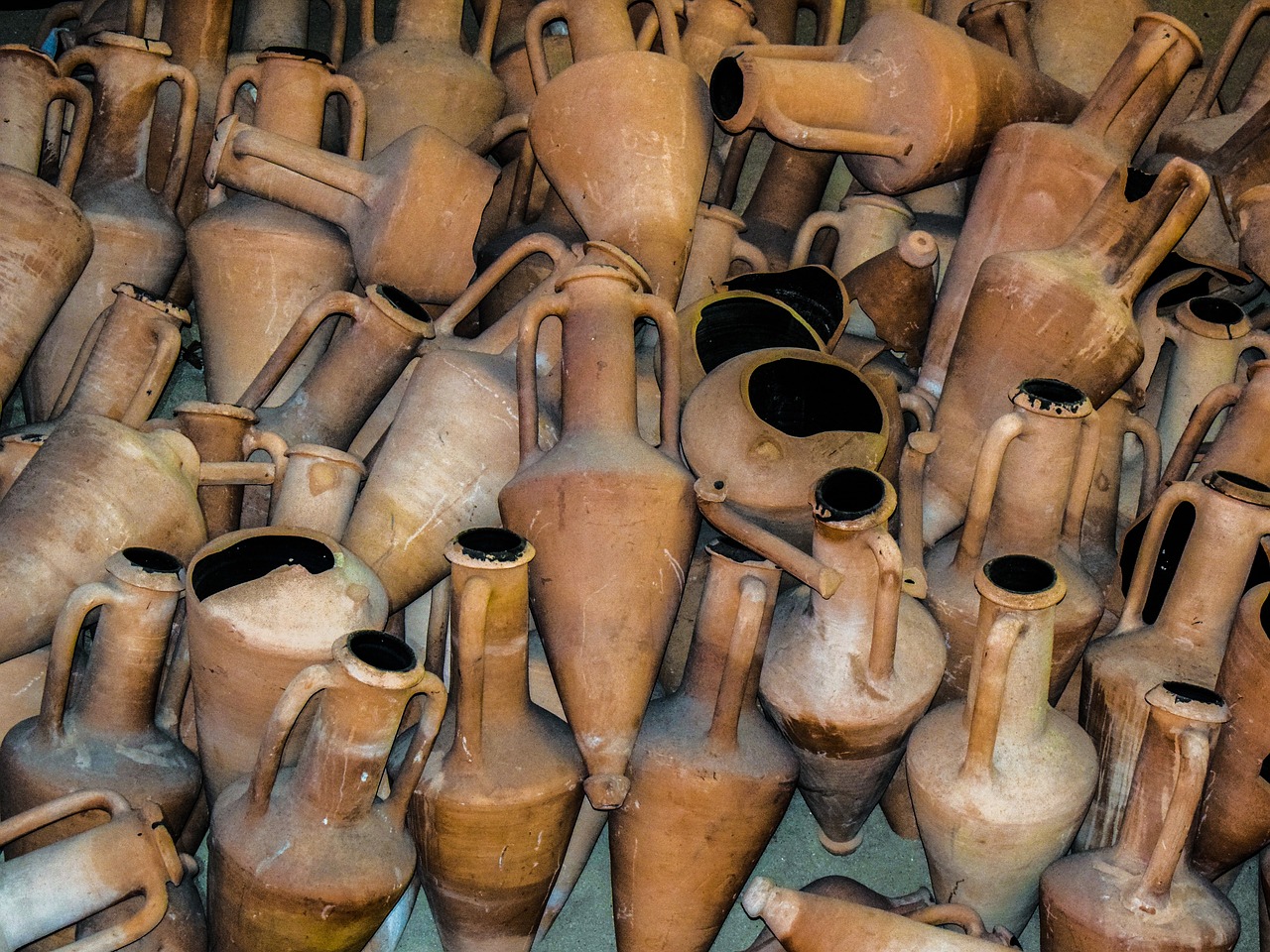
Responsibility in Research and Publication
Ethics in archaeology play a crucial role in preserving historical integrity, respecting cultural heritage, and maintaining professional standards. This article explores various ethical considerations that archaeologists must adhere to in their work.
When it comes to research and publication in archaeology, responsibility is a cornerstone of ethical practice. Archaeologists have a duty to accurately report their findings, ensuring that information is presented truthfully and transparently. By avoiding sensationalism and adhering to academic standards, archaeologists uphold the integrity of their work.
Furthermore, providing proper credit to collaborators and sources is essential in acknowledging the contributions of others to the research process. This not only fosters a culture of respect and collaboration within the archaeological community but also ensures that intellectual property rights are upheld.
Responsible publication also involves thorough documentation of methods and processes used during excavation and analysis. By maintaining detailed records, archaeologists enable transparency and reproducibility in their research, allowing others to verify and build upon their findings.
In cases where controversial or sensitive topics are addressed, ethical considerations require archaeologists to navigate these issues with care and sensitivity. By engaging in open dialogue and considering diverse perspectives, researchers can approach challenging subjects responsibly and ethically.
Education and training in responsible research and publication practices are crucial for aspiring archaeologists. By instilling ethical principles early in their careers, individuals are equipped to make informed decisions and uphold professional standards in their work.
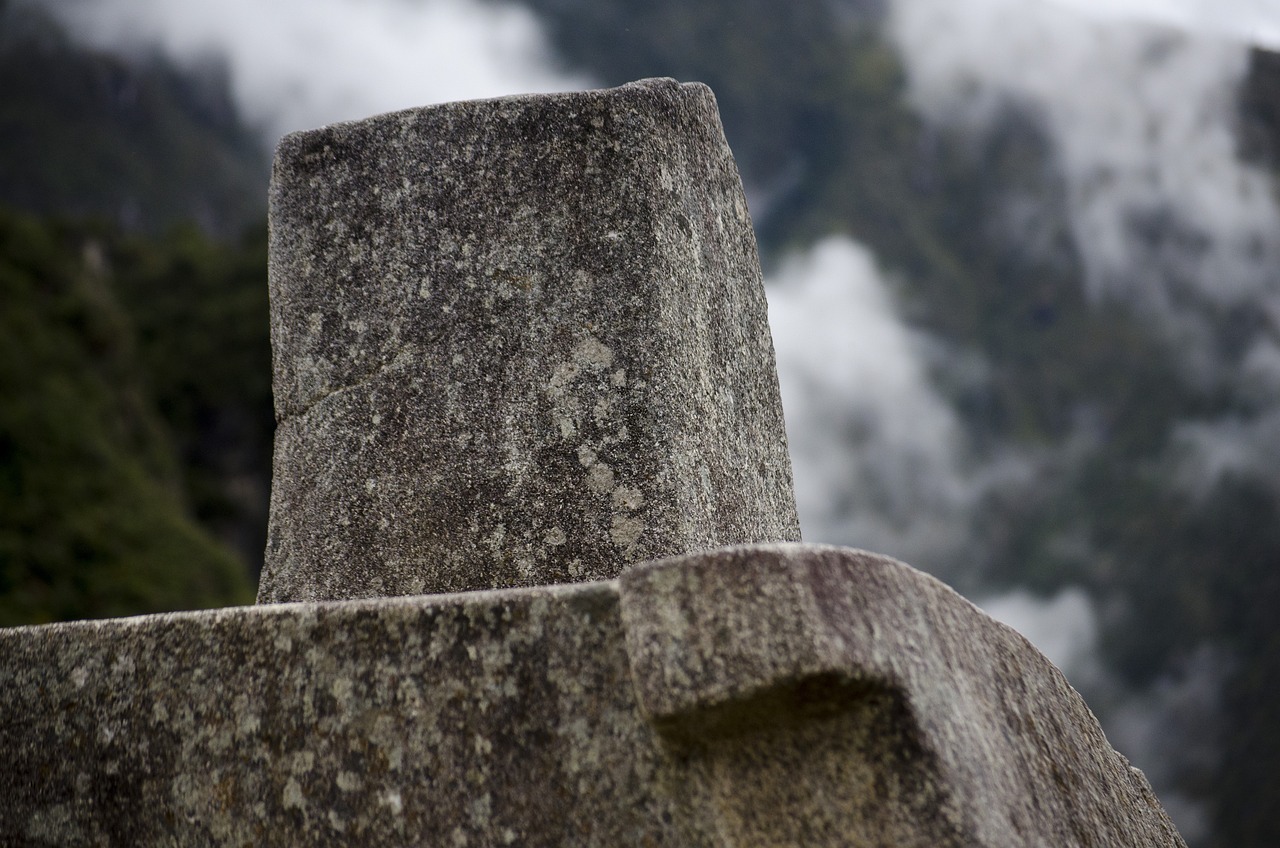
Protection of Human Remains
When it comes to the protection of human remains in archaeology, ethical guidelines are of utmost importance. Archaeologists are tasked with the respectful treatment of human remains throughout the excavation, analysis, and reburial processes. This involves acknowledging the dignity and rights of the deceased individuals, ensuring that their remains are handled with care and reverence.
One key aspect of protecting human remains is to adhere to established protocols for excavation. Proper techniques must be employed to avoid damage or desecration of the remains, allowing for accurate analysis while maintaining the integrity of the burial site. Additionally, the analysis of human remains should be conducted with sensitivity and in accordance with ethical standards, considering the cultural and ethical implications of the research.
Archaeologists must also prioritize the reburial of human remains when necessary, following appropriate cultural practices and seeking input from relevant stakeholders, such as descendant communities or indigenous groups. This process should be carried out with the utmost respect for the deceased individuals and their cultural beliefs, ensuring that their final resting place is treated with reverence and care.
Furthermore, the protection of human remains extends beyond the physical aspects of handling and reburial. It also involves ethical considerations regarding the dissemination of research findings related to human remains. Archaeologists must exercise caution and sensitivity when sharing information about human remains, considering the potential impact on descendant communities and respecting their rights to privacy and cultural autonomy.
In cases where human remains are at risk of exploitation or display, ethical archaeologists advocate for the protection of these individuals from commercialization or sensationalism. This involves upholding ethical standards in the display and interpretation of human remains, prioritizing respect and dignity above all else.
Overall, the protection of human remains in archaeology is a complex and multifaceted ethical issue that requires careful consideration and adherence to established guidelines. By prioritizing respect, sensitivity, and cultural awareness, archaeologists can ensure that human remains are treated with the dignity and reverence they deserve, honoring the individuals who came before us.
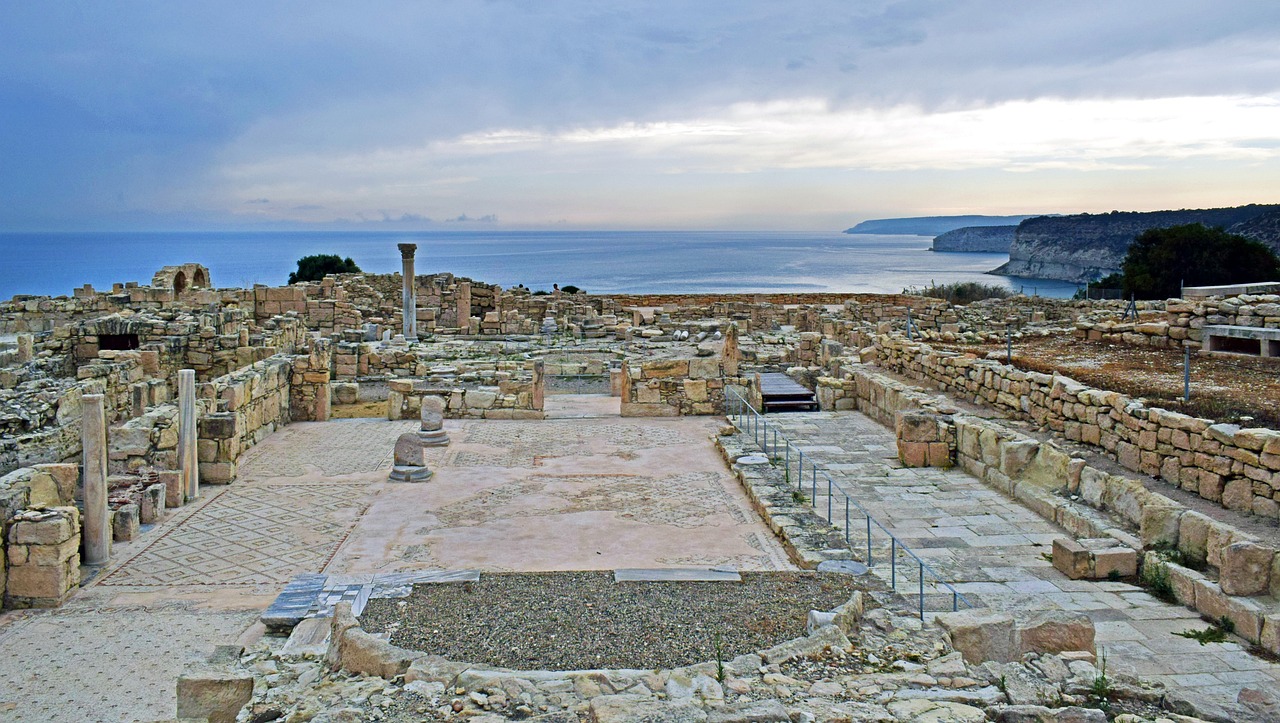
Combatting Looting and Illicit Trade
Ethical archaeologists are at the forefront of combating looting and illicit trade of cultural artifacts, recognizing the detrimental impact these activities have on historical integrity and cultural heritage. By advocating for the protection of archaeological sites and artifacts, they strive to prevent exploitation and destruction, preserving valuable pieces of history for future generations.
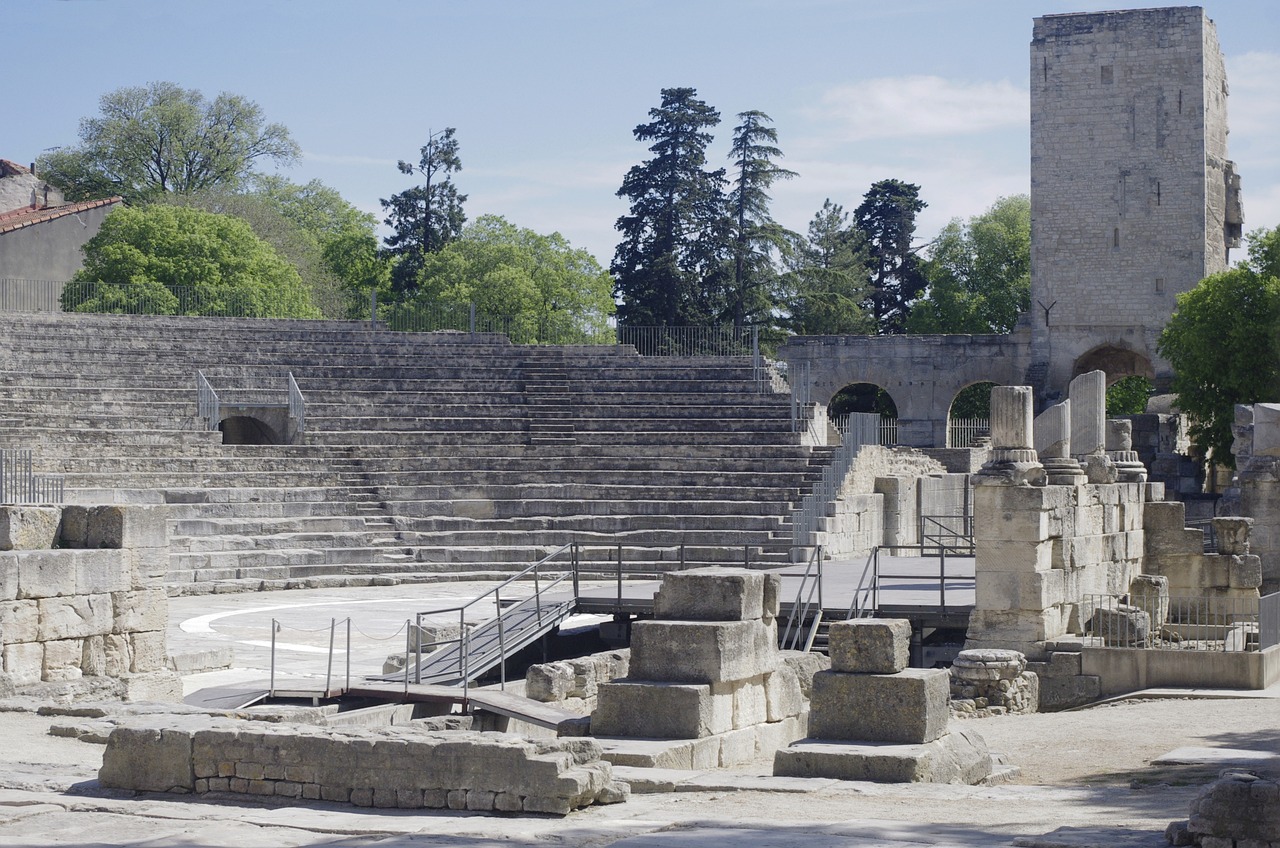
Legal and Regulatory Compliance
Legal and regulatory compliance is a cornerstone of ethical archaeology, ensuring that excavations and research are conducted in accordance with established laws and guidelines. By adhering to legal requirements, archaeologists uphold professional standards and demonstrate respect for the legal framework governing their work.
One key aspect of legal compliance in archaeology is obtaining the necessary permits and permissions before conducting any excavation or research activities. These permits are issued by relevant authorities and serve to regulate and monitor archaeological work, ensuring that it is carried out responsibly and with proper oversight.
Additionally, compliance with laws regarding the handling and storage of archaeological artifacts is essential for preserving cultural heritage. Archaeologists must follow specific protocols for cataloging, documenting, and safeguarding artifacts to prevent loss, damage, or unauthorized removal.
Furthermore, legal and regulatory compliance extends to the ethical treatment of human remains encountered during archaeological excavations. Laws and guidelines dictate proper procedures for the respectful handling, analysis, and reburial of human remains, emphasizing the importance of upholding the dignity and rights of the deceased individuals.
Engaging in ethical archaeology also involves transparency and accountability in research practices. Archaeologists are expected to maintain detailed records of their findings, methodologies, and interpretations, allowing for scrutiny and verification by peers, regulatory bodies, and the public.
In cases where archaeological work intersects with land rights or indigenous territories, compliance with legal frameworks becomes even more critical. Respecting indigenous rights, obtaining consent for research activities, and addressing any conflicts or concerns are essential components of ethical practice in archaeology.
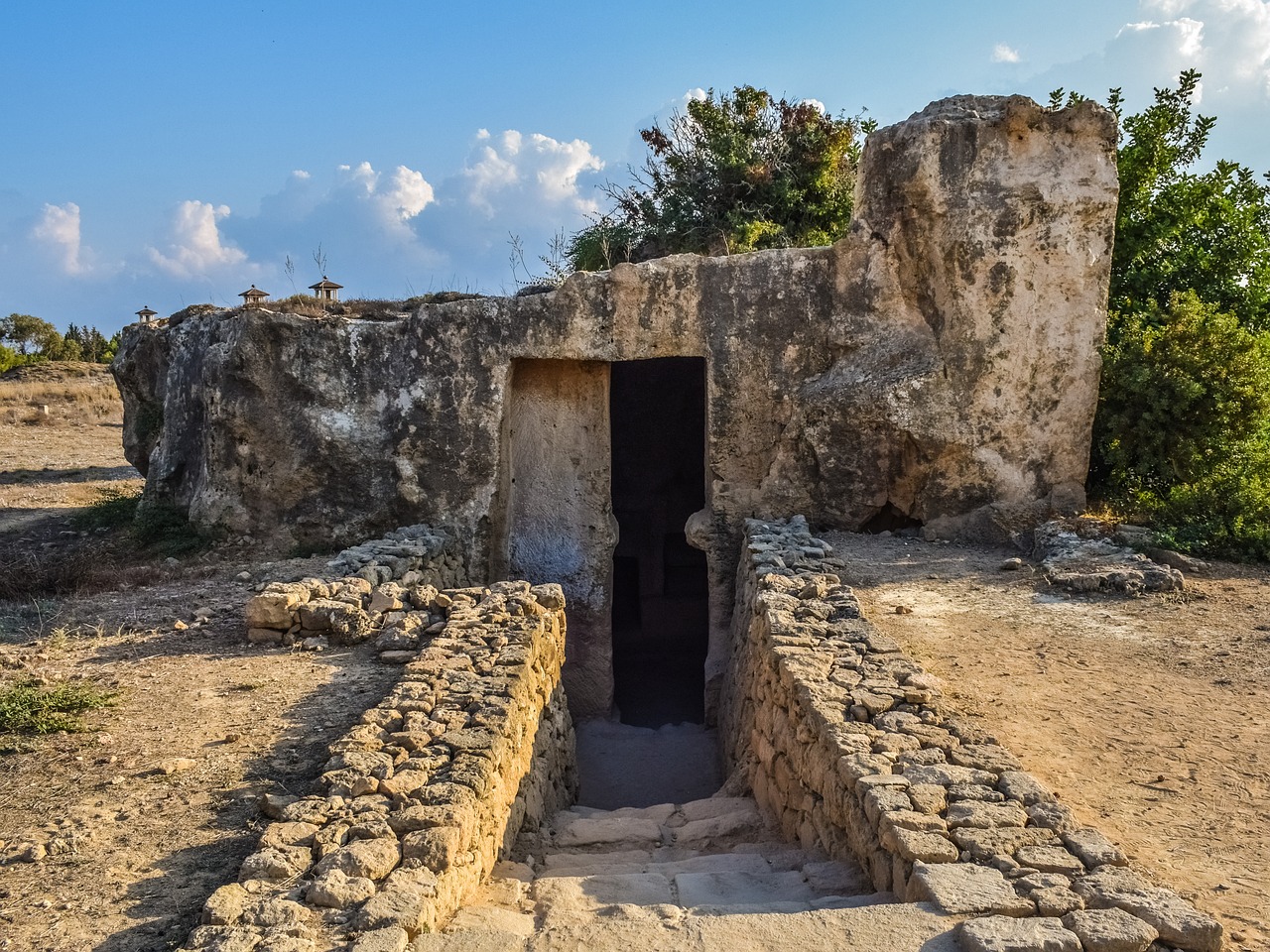
Conflict Resolution and Indigenous Rights
Conflict resolution and indigenous rights are paramount considerations in archaeological work, requiring a delicate balance of sensitivity and respect. When engaging with indigenous communities, archaeologists must acknowledge historical injustices and work towards building trust through transparent communication and collaboration. By recognizing and valuing indigenous perspectives, archaeologists can navigate potential conflicts and foster meaningful relationships based on mutual understanding and respect.
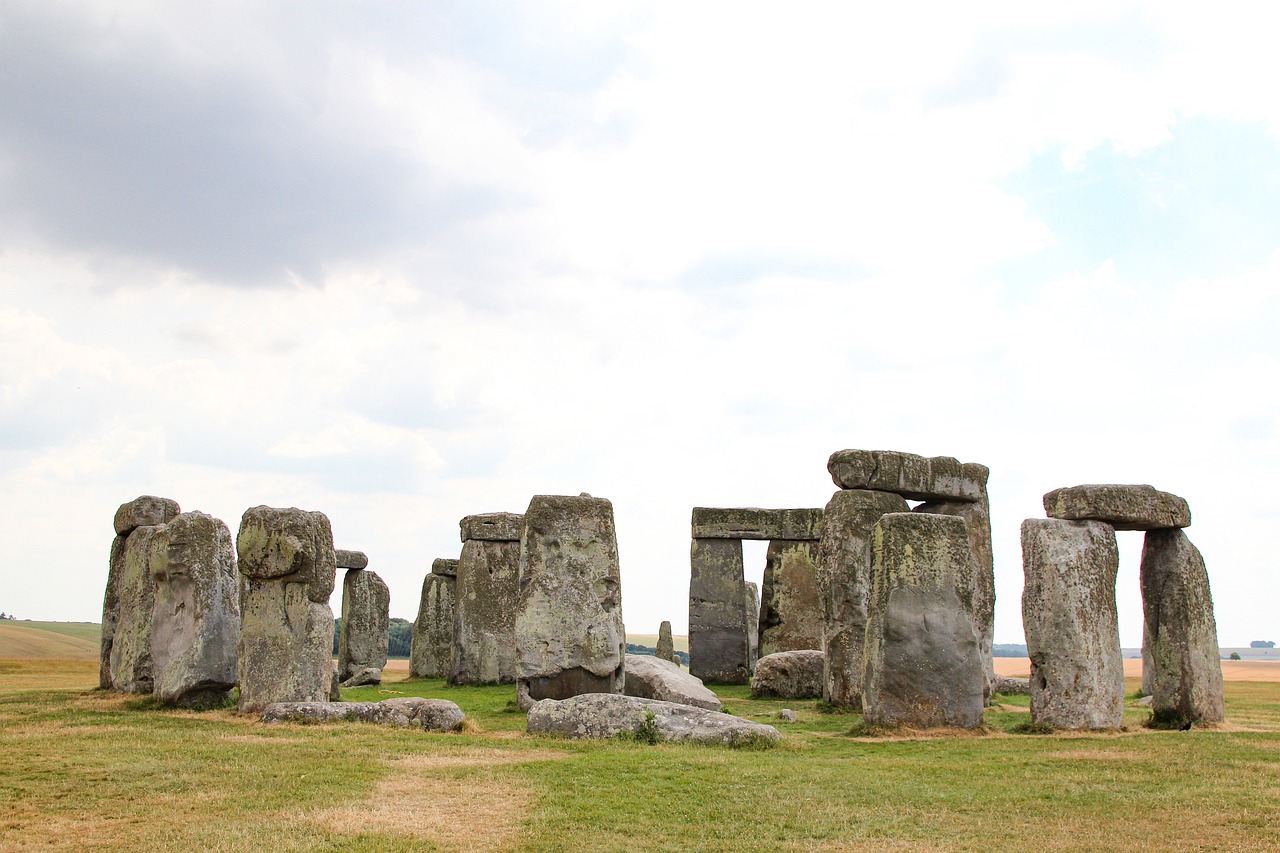
Education and Training in Ethics
Education and training in ethics are essential components of an archaeologist's professional development. By instilling a strong ethical foundation, aspiring archaeologists learn the importance of upholding integrity, respecting cultural heritage, and engaging with local communities responsibly. Training programs often cover a wide range of topics, including ethical guidelines, legal requirements, fieldwork protocols, and research practices.
Through hands-on experience and theoretical instruction, archaeologists-in-training gain valuable insights into the complexities of ethical decision-making in the field. They learn how to navigate sensitive issues such as the treatment of human remains, community engagement, and the prevention of artifact looting. By immersing themselves in real-world scenarios and case studies, students develop the critical thinking skills necessary to address ethical dilemmas effectively.
Furthermore, education in ethics extends beyond academic settings to include practical workshops, seminars, and fieldwork opportunities. These immersive experiences allow students to apply ethical principles in a hands-on environment, honing their abilities to make ethical judgments and ethical decisions in real-time. By actively engaging with ethical challenges in the field, archaeologists-in-training develop a deep appreciation for the ethical responsibilities that come with their profession.
Continuous education and training in ethics are crucial for seasoned archaeologists as well. As the field of archaeology evolves and new ethical considerations emerge, ongoing professional development ensures that archaeologists stay abreast of the latest ethical standards and best practices. By participating in workshops, conferences, and continuing education programs, archaeologists can enhance their ethical awareness and contribute to the advancement of ethical practices within the discipline.
Frequently Asked Questions
- What is the significance of ethics in archaeology?
The importance of ethics in archaeology lies in preserving historical integrity, respecting cultural heritage, and upholding professional standards. It ensures that archaeological practices are conducted responsibly and with respect for all stakeholders involved.
- How do ethical practices in archaeology benefit future generations?
By adhering to ethical guidelines, archaeologists contribute to the preservation of cultural artifacts and sites, allowing future generations to learn from and appreciate the heritage of past civilizations. This ensures that valuable historical resources are protected and accessible for years to come.
- What role does community engagement play in ethical archaeology?
Community engagement fosters mutual respect, understanding, and collaboration between archaeologists and local communities. By involving community members in archaeological projects, their perspectives and heritage are valued, leading to more inclusive and culturally sensitive research practices.
- How do archaeologists address conflicts with indigenous communities?
Archaeologists navigate conflicts with indigenous communities by respecting their rights, engaging in meaningful dialogue, and incorporating indigenous perspectives into research practices. By promoting cultural sensitivity and collaboration, archaeologists can work towards ethical solutions that benefit all parties involved.
- Why is it important for archaeologists to combat looting and illicit trade?
Combatting looting and illicit trade of cultural artifacts is crucial to protect archaeological sites and prevent the exploitation and destruction of valuable heritage. Ethical archaeologists advocate for the preservation of cultural resources and work to ensure that artifacts are safeguarded for future study and appreciation.













